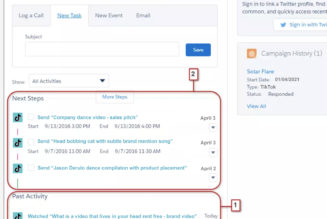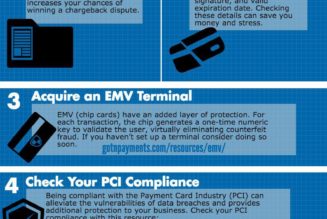There is a common misconception that older people (who tend to have less experience with new technologies) are easier to scam online. However, recent data findings from Atlas VPN suggest that just the opposite is true.
Millennials and Gen Zers are more likely to fall for phishing emails than their older counterparts. In total, more than one-fifth (23%) of people from Gen Z and the Millennial generation have been tricked by phishing emails in the past.
Gen Zers and Millennials are followed by Generation X. A total of 19% of Gen Xers have been fooled by email phishing scams. Baby Boomers, on the other hand, are the least likely to fall for phishing attacks. Only 9% of them have done so in the past.
In addition to phishing scams, Gen Z and Millennials are also most vulnerable to other types of cybersecurity threats. More than half (52%) of people from these generations have had a password stolen or at least know someone to whom this has happened, while 48% have also had a social media account hacked or hijacked.
“While younger generations are more tech-savvy, they are also very accustomed to doing everything online — from communicating with friends to shopping or conducting financial transactions,” says Ruth Cizynski, a cybersecurity researcher at Atlas VPN. “This daily use of the Internet from a young age makes them less cautious about engaging online or giving out their personal information.”
Here are five tips to identifying a phishing email so that you do not become another phishing statistic:
- Do not trust the display name – a phishing tactic is to spoof (imitate) the display name of an email to give it an air of legitimacy. If you click on the name, you will notice that the address differs from the display.
- Look but do not click – hover your mouse over any links embedded in the body of the email. If something seems even remotely strange, do not click on it.
- Check for spelling mistakes – brands usually do not make careless mistakes. This is an easy tell. Cybercriminals also do this purposefully to target less observant users.
- Analyse the salutation- legitimate businesses usually use a personal salutation with your first and last name rather than a vague greeting.
- Beware of urgent, threatening language – this is a common strategy to create a sense of panic or to entice you to use poor judgement.








